Are Carbs Bad? | Dietitian Answers Top Questions about Carbs | Dietitian Q&A
Description
There is no standard definition for a low-carb diet. It is simply a diet that is lower in carbohydrates than what is recommended or than what most people consume. The Dietary Guidelines recommend that 45-65 percent of calories come from carbohydrates. So any diet with carb intake less than 45 percent of total calories is considered a low-carb diet.
Q: What are carbs?
A: Carbohydrates are one of three macronutrients that we need for our bodies to properly operate. Carbs are our first source of energy. Carbs can be found in fruits, whole grains, refined grains, vegetables, dairy, and sugars.
Q: Are carbs bad?
A: No! There are a wide range of healthy foods that contain carbs. Cutting carbs out of our diets could result into a lack of micronutrients. Ingesting simple refined carbs aren’t as good as taking in healthy complex carbs like oatmeal, sweet potatoes, brown rice, and even quinoa.
Q: Will carbs make me fat?
A: Eating too much of anything will ultimately put you into a caloric surplus, resulting in gaining weight.
Q: Will carbs make me sleepy?
A: Maybe. It depends when you’re eating and how much you’re eating. This really has not been scientifically proven but eating complex carbs along with healthy fats and a moderate amount of protein will provide natural energy.
Q: Will carbs make my muscles bigger?
A: No. Eating well-balanced meals and eating in a caloric surplus along with consistent weight training will result in muscle gain. Carbs are stored as glycogen which is what we get our energy from.
Q: Which foods have carbs? Which don’t?
A: Fruits. Vegetables. Grains. Rice. Pasta. Bread. Nuts. Seeds. Dairy (due to sugar). Beans. Foods that do not have carbs: Fish. Oil.
Q: Will carbs constipate me?
A: Carbs with fiber in it will help your digestive system work more efficiently. Eating whole grains, fruits, and veggies will help fight against constipation. Refined carbs, rice, and bread will not help with your constipation.
Q: Where do carbs go in your body?
A: Carbs will break down your carbs into sugars. Since our bodies run off of glucose, carbs become our first source of energy. Once broken down, these sugars enter our bloodstream which then fuels our brain, muscles, and other organs. Pair your carbs with healthy fats, protein, and fiber (rest of your macronutrients), to help slow down the quick absorption of sugar in the blood and give you a longer sustainable source of energy, preventing spikes and crashing of energy.
Q: How many carbs should I eat in a day?
A: All depends. If you’re looking to lose weight versus maintain or gain weight, it will vary. Aiming for in-between 45%-60% of your daily intake should be carbs. Another way to gauge how much grams of carbs you should be consuming depending on weight goals, is to consume about 1.1-1.6 x Bodyweight. Also keep in mind what kind of carbs you’re consuming, whether being refined or complex carbs.
Q: Which carbs are good for people with diabetes?
A: People with diabetes should still eat carbohydrates. Remember carbs break down into sugar/glucose. Whole grains, fruits, and vegetables would be great sources of carbohydrates. I highly recommend speaking with a nutritionist or dietitian to help guide you.
Q: I’m way over on carbs, what do I do?
A: It’s ok. Do not feel guilty. That’s completely normal. Simply taking a walk after indulging in a good amount of carbs will help lower your blood sugar levels. Trying to outwork your diet is not sustainable but working out regularly will allow a little bit of wiggle room when wanting to eat more carbs.
Q: Is it dangerous to mix fats and carbs?
A: No. You should actually be combining food groups to help regulate blood levels and sustain energy longer.
Q: I’m on a low carb diet and I’m not losing weight. Why?
A: Most of us correlate eating less carbs with losing weight. Although we need to be in a caloric deficit to lose weight, we tend to drastically cut our carbs thinking it’ll help with the weight loss, but instead, our bodies will then enter into starvation mode (metabolism begins to slow down), wanting to hold on to every calorie. This is our body’s natural way of preserving itself.
Q: If I am looking for a low carb snack what should I reach for?
A: Read your nutrition labels. First figure out about how many carbs you should be consuming daily and gauge your preferences based on that. Veggies, nuts and seeds, rice cakes, yogurt, etc. There are countless options.
Subscribe to Eating Well: http://www.youtube.com/subscription_center?add_user=eatingwell
Official Website: http://www.eatingwell.com/
Facebook: https://www.facebook.com/EatingWell
Twitter: https://twitter.com/eatingwell
Pinterest: http://pinterest.com/eatingwell/
#Carbs #DietitianQA #EatingWell

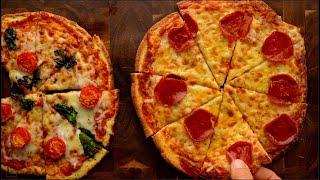
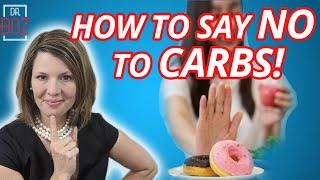

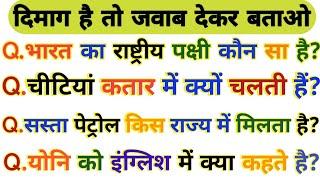




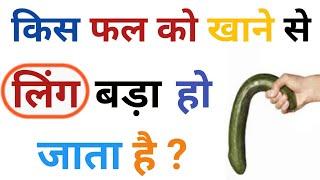





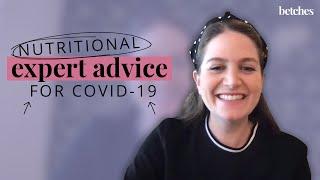





Comments